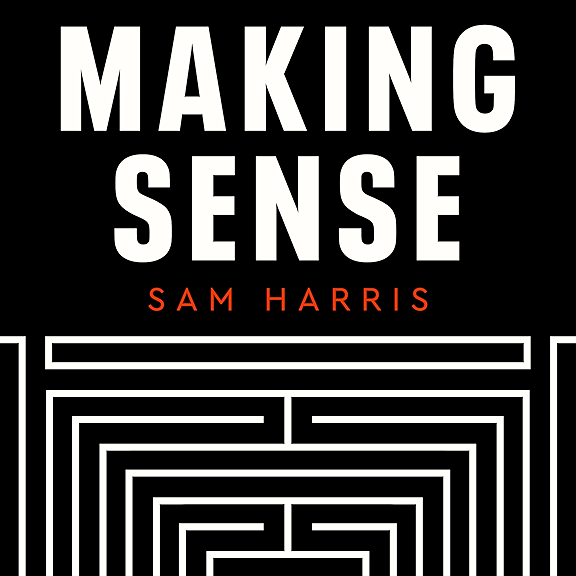
Welcome to another episode of The New Quantum Era Podcast hosted by Kevin Rowney and Sebastian Hassinger. Today, they are joined by Steve Girvin, professor of Physics at Yale who has a central role in the Yale Quantum Institute, which has been ground zero for the recent development in superconducting qubits.
The topics we had initially planned needed some adjustment, because on the day of the interview, the Nobel Prize in Physics was awarded to three scientists for their work experimentally verifying the theory behind entanglement, the source of much of quantum computing's power. Alain Aspect, John F. Clauser, and Anton Zeilinger were recognized for their experiments in an area that has broad implications for secure information transfer and quantum computing.
Sebastian, Kevin, and Steve have an interesting talk about some of the history of the superconducting qubits and the transmon in particular, which is a basis for most of the modern superconducting qubits on the market. They also cover the topic of diversity, quality, and inclusion.
Key Takeaways:
[3:43] Steve introduces himself.
[5:23] Steve shares his primary domains of research.
[9:50] Was there a sort of self-awareness in the Yale group that Steve and his team were taking radically? Were they considering a different approach that could solve some of the challenges of the other models that existed at the time?
[14:38] Steve talks about how relatively quickly the hardware can be fabricated to be able to crank out, iterations, variations, and experiments.
[17:27] Is there room for optimism about the new dimensions of research related to MER material science?
[19:25] Steve shares his thoughts on the news about the 2022 Nobel Prize in Physics.
[22:18] Steve talks about how some of the epistemological questions that these paradoxes present, feel really mind-bending to many people on the outside of physics.
[25:38] Steve addresses how hard it is to predict the future.
[27:21] Does Steve consider himself an optimist about the progress of quantum computing?
[30:10] How can we get reliable performance out of an inherently, very unreliable system?
[33:22] Steve helps us fill in the narrative, in the history of where GKP codes are situated and their significance to contemporary developments.
[41:14] Steve talks about the basic steps of the algorithm to do the error correction.
[44:01] The history of computer science is very, uh, white, male, and, uh, dominated in nature, Steve shares his thoughts about diversity, equity, and inclusion.
[48:34] What we can do to change the composition of the field when the underlying foundations of the way science is done in the lab have a such rigid history of hierarchy, power structures, and power dynamics that are so easily abused?
[55:02] Sebastian and Kevin share their thoughts on an amazing conversation with Steve Girvin,
Mentioned in this episode:
Visit The New Quantum Era Podcast
Turing's Cathedral: The Origins of the Digital Universe, George Dyson
Documentary: Picture a Scientist
Tweetables and Quotes:
“A very productive part of my childhood was having nothing to do, but to dream.“ — Steve Girvin
“The simpler you keep things, the easier it's to do things “ — Steve Girvin
“Einstein really made massive contributions to the development of the quantum theory. “ — Steve Girvin
“The way we test whether our quantum computer is a quantum computer is checking first thing in the morning to calibrate it, if it's doing the thing that Einstein said was impossible then, it's working.“ — Steve Girvin
“Looking ahead, it's very, very hard to predict where this is going, but along the way, there's such fantastic. basic science and quantum.” — Steve Girvin
“When you're doing a hiring search, it's not about adding constraints, like interviewing more women…It's about removing constraints. You should look wider. There's a theorem that if you release constraints, the optimum cannot get worse, it can only get better. ” — Steve Girvin




















